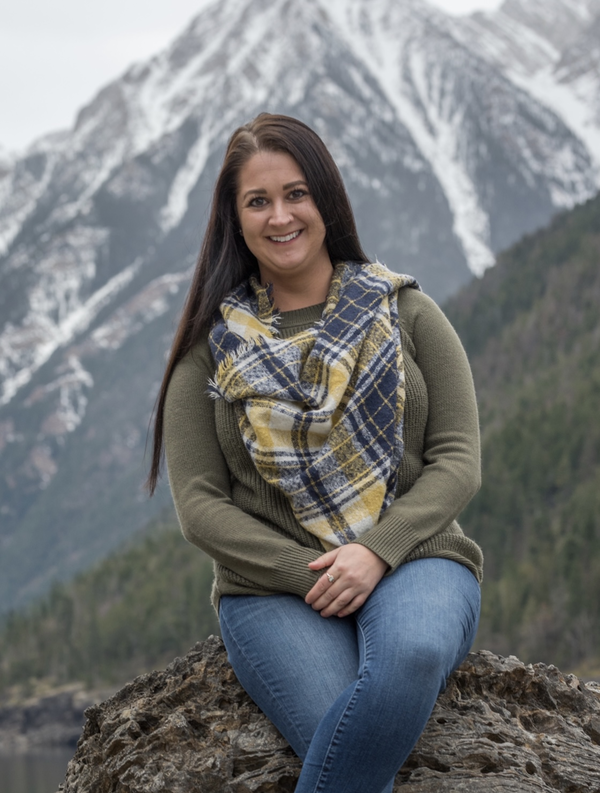NCSA Calendar
NCSA staff who would like to submit an item for the calendar can email newsdesk@ncsa.illinois.edu.

Un/Doing | Tarren Andrews: “What's a Derivative, Anyway? Un/doing Old English Translation through Indigenous Language Revitalization”
- Event Type
- Lecture
- Sponsor
- Humanities Research Institute, co-hosted by the American Indian Studies Program
- Location
- Levis Faculty Center, Room 108
- Date
- Mar 30, 2023 4:00 pm
- Speaker
- Tarren Andrews (Ethnicity, Race, and Migration, Yale University)
- Contact
- Humanities Research Institute
- info-hri@illinois.edu
- Views
- 439
- Originating Calendar
- HRI
Part of the Un/Doing Event Series
From the speaker: This talk begins with a story about a rather odd project I worked on a few years ago focused on translating an early (possibly the earliest) Salish version of the Lord's Prayer into Old English. At the start, I wanted to imagine a world where one of the oldest versions of the Lord's Prayer—the Old English one—was molded by Salish epistemologies rather than the other way around. In other words, I wanted to know if translation could be an anticolonial practice. The act of translation itself required me to leverage modern English as an often-ineffectual tool for working across these languages and the forms they engender, leading me to think about translation, not just as an act of passively replicating meaning or form, but of actively contributing to settler colonial structures. Throughout the project I asked: what does it mean to (de)classify something as derivative? What cultural values are at stake in the teleological designation of “derivative”? And, how can we apply pressure to those value judgements to better understand the intersections of Old English translation and settler colonialism in novel ways? This talk explores these questions through a close examination of the critical heritage politics of Old English and its most famous production, Beowulf, now extant in countless translations and forms both colonial and Indigenous. From an illustrated Samí translation of Beowulf to Tommy Pico's Nature Poem, this talk imagines a wide range of kin for the Old English poem in hopes of answering the question “What's a derivative, anyway?”
Co-hosted by the American Indian Studies Program
About the Speaker
Tarren Andrews is a postdoctoral associate and visiting presidential fellow in the department of Ethnicity, Race, and Migration at Yale University where she will join the faculty in July 2023 as Assistant Professor of Native American and Indigenous Studies. She is the co-editor of a special issue of English Language Notes titled “Indigenous Futures and Medieval Pasts” published in October 2020 and has articles recently out in Exemplaria and the Yearbook of English Studies. In January 2023 her prose translation of the opening lines (ll. 1-12) of Beowulf—co-translated with her homelands, the Flathead Indian Reservation—was named Poetry Foundation's “Poem of the Day.” Andrews is currently working on her first monograph, tentatively titled Settler Colonial Formations in the Early Medieval North Atlantic.